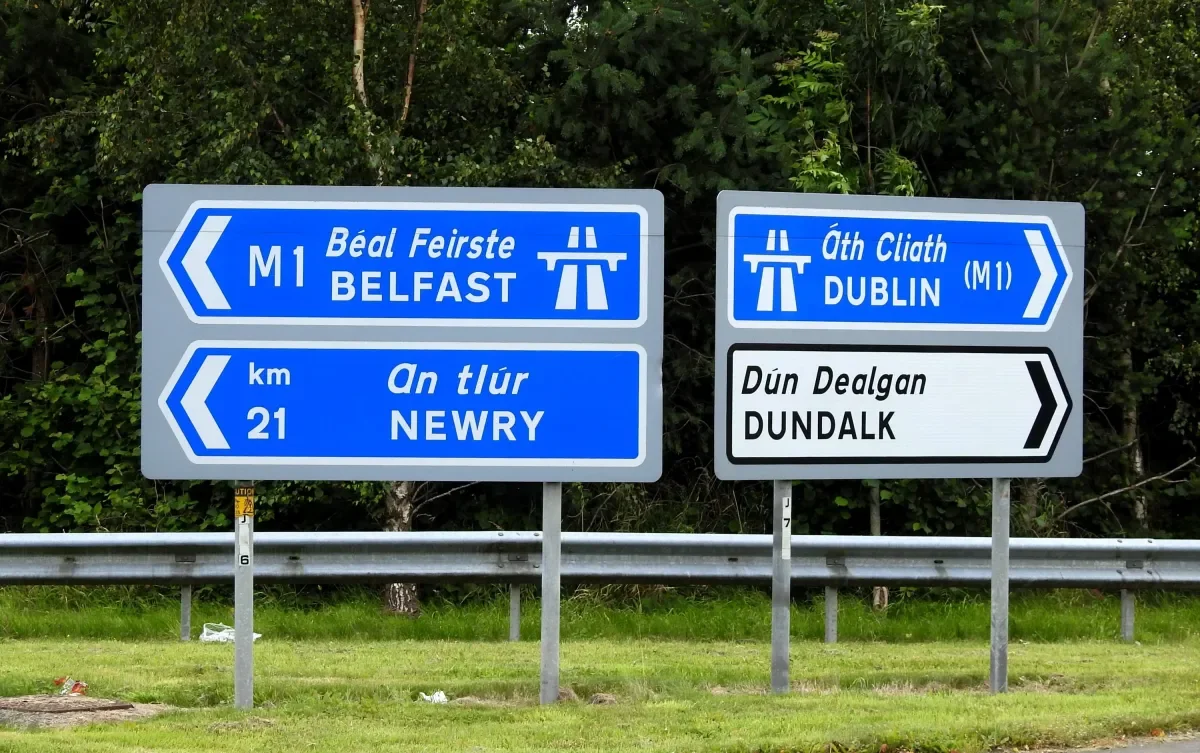

Dublin-Belfast Economic Corridor
DCU’s commitment to regional economic development is exemplified by the University’s role as a member of the Dublin Belfast Economic Corridor initiative. Follow this link to the Dublin Belfast Economic Corridor website.
The project began in 2018, when eight local authorities in a region stretching from Dublin to Belfast, along with DCU and Ulster University, came together. Their aim was to work collectively to find ways of realising the potential benefits of further development of the Corridor. This led to the establishment of a Partnership Steering Group made up of the eight Council Chief Executives and the Presidents of the two universities who committed to meeting quarterly.
The first major outcome of the consortium’s work was an economic profile that identified the challenges and opportunities facing this north-south region.
North-South Opportunities
The report, ‘The Dublin-Belfast Economic Corridor: Current Profile, Potential for Recovery & Opportunities for Cooperation’, was authored by Prof Deiric Ó Broin of DCU and Dr Eoin Magennis from UU.
The report concluded that increased cross-border collaboration would help the region overcome many of the challenges it faces. It found that opportunities exist to grow indigenous business, establish clusters of key sectors, and use the Corridor as the driving force for economic development in the region and nationally.
The corridor consortium is currently developing further projects that will aim to boost sustainable economic growth, including a Circular Economy project.
Membership of the Dublin-Belfast Economic Corridor group includes:
- Dublin City University
- Ulster University
- Armagh City, Banbridge and Craigavon Borough Council
- Belfast City Council
- Dublin City Council
- Fingal County Council
- Lisburn Castlereagh City Council
- Louth County Council
- Meath County Council
- Newry, Mourne and Down District Council
